What is a Prekldača?
Prekldača is a Slovak word that means “translator” or “interpreter.” It originates from the verb “prekladať,” which means “to translate.” A prekldača is essential in bridging communication gaps between people who speak different languages. They can translate written texts or interpret spoken language, making them invaluable in international communication.
Table of Biography for Prekldača
| Attribute | Details |
|---|---|
| Term | Prekldača |
| Origin | Slovak Language |
| Derived From | The verb “prekladať” (to translate) |
| Meaning | Translator or Interpreter |
| Types | Human Translators, Machine Translators |
| Fields of Use | Business, Healthcare, Legal, Travel, Education |
| Skills Required | Language Proficiency, Cultural Awareness, Analytical Thinking |
| Challenges | Language Evolution, Time Constraints, Complex Terminologies |
| Technological Impact | AI-Assisted Translations, Hybrid Models |
| Future Trends | Increased Demand, AI-Human Collaboration |
Why is a Prekldača Important?
In today’s globalized world, communication barriers can be a significant challenge. Whether in business, healthcare, tourism, or diplomacy, the need for effective translation is undeniable. A prekldača ensures that messages are accurately conveyed, preserving the original language’s meaning, intent, and cultural nuances. Without them, misinterpretations could lead to misunderstandings, legal issues, and even conflicts.
Types of Prekldača
Human Translators
Human prekldača professionals have in-depth knowledge of languages and cultural contexts. They provide:
- Accurate translations with cultural sensitivity.
- Context-aware interpretations that machines cannot fully grasp.
- Legal and medical translations where precision is crucial.
Machine Translators
With technological advancements, AI-driven translation tools have become common. These tools can:
- Translate text instantly.
- Provide multi-language support.
- Machine translators can assist businesses in reaching a global audience. However, they cannot understand idioms, humor, and cultural differences, making human prekldača irreplaceable in many scenarios.
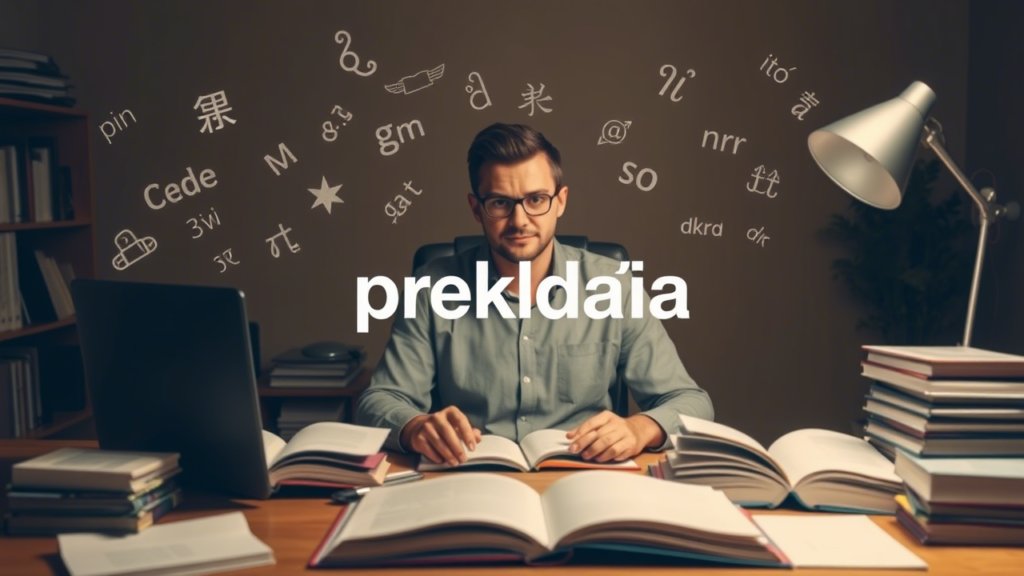
Skills Required to Be a Professional Prekldača
Becoming a skilled prekldača requires more than just fluency in multiple languages. The essential skills include:
- Proficiency in Source and Target Languages – A deep understanding of grammar, syntax, and vocabulary is necessary.
- Cultural Awareness – Understanding idioms, customs, and expressions ensures accurate translations.
- Listening and Analytical Skills – Particularly crucial for interpreters who must process spoken words instantly.
- Writing and Editing Skills – Translators must ensure clarity, coherence, and grammatical accuracy in written translations.
- Specialized Knowledge – Legal, medical, or technical translations require expertise in specific fields.
The Impact of Prekldača on Different Industries
Business and Trade
Global companies use professional prekldača to translate documents, contracts, and marketing materials. Clear communication ensures smooth transactions and successful international partnerships.
Healthcare and Medicine
A prekldača plays a crucial role in helping doctors and patients communicate in medical settings. Misinterpretations can lead to serious health consequences, making accuracy essential.
Travel and Tourism
Tourists often require translation assistance to navigate new countries, understand local customs, and interact with native speakers. A prekldača enhances their travel experience by breaking language barriers.
Legal and Government Services
Legal documents, immigration papers, and court proceedings require precise translation. A professional prekldača ensures that legal terminologies are accurately conveyed to prevent misunderstandings and legal disputes.
Education and Research
Academic institutions and researchers use prekldača services to translate textbooks, research papers, and lectures. This helps in spreading knowledge across language barriers.
Challenges Faced by a Prekldača
Despite their importance, prekldača professionals face several challenges, such as:
- Language Evolution – Languages constantly evolve; staying updated with new words and slang is challenging.
- Maintaining Neutrality – Translators must remain unbiased, especially in legal and diplomatic translations.
- Handling Complex Terminologies – Translating technical, medical, or legal texts can be complex.
- Time Constraints – Many translators work under tight, stressful deadlines.
The Future of Prekldača
With advancements in AI and machine learning, the role of prekldača is evolving. While technology aids in essential translations, human expertise remains crucial for:
- Ensuring cultural and contextual accuracy.
- Handling sensitive and confidential documents.
- Providing real-time interpretation in critical settings.
Hybrid models, in which AI assists human translators, are becoming common. They allow for faster and more efficient translations without compromising quality.
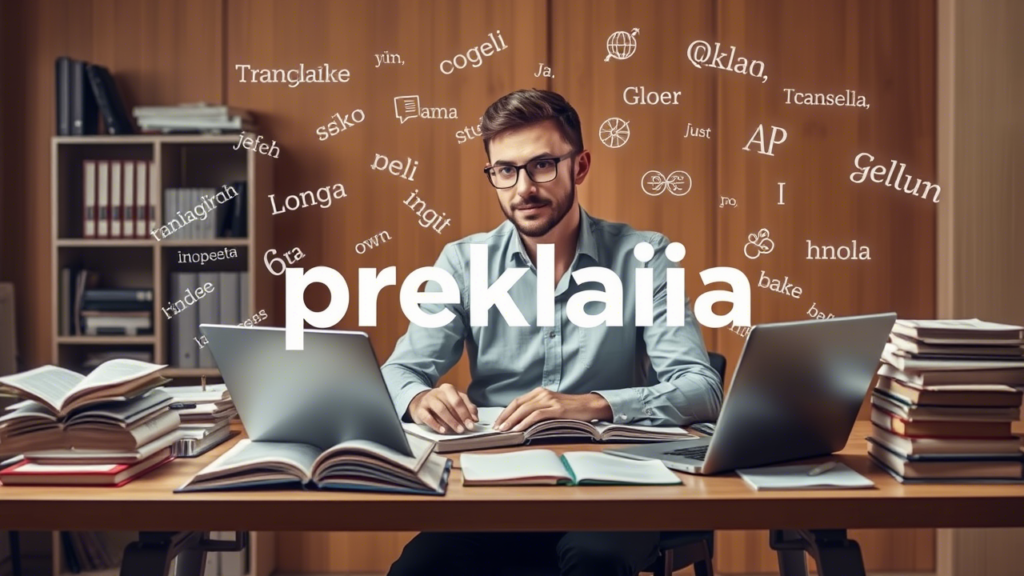
Deduction
A prekldača is more than just a translator; they are communication facilitators who ensure clarity and understanding across different languages and cultures. Their role is invaluable, whether in business, law, healthcare, or everyday life. As the world becomes more interconnected, the demand for skilled prekldača professionals will continue to rise, making them an essential part of our global society.










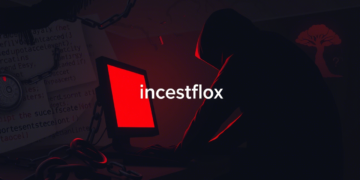
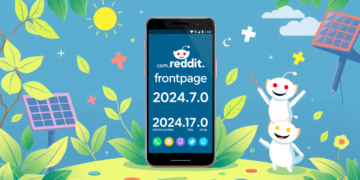

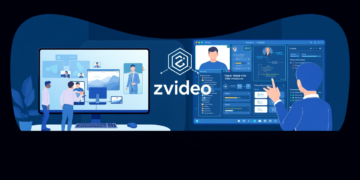

















Comments 1